Harvesting equality in Nepal: FCA & partners talk climate resilient development at CSW
At the 68th annual Commission on the Status of Women (CSW68), the UN’s largest annual gathering on gender equality and women’s empowerment, FCA and Nepali partners discussed the effects of climate change on women while sharing practical solutions.
Gender agenda for women in Nepal
CLIMATE CHANGE and environmental protection form a strategically important gender agenda for women in Nepal now and in the future.
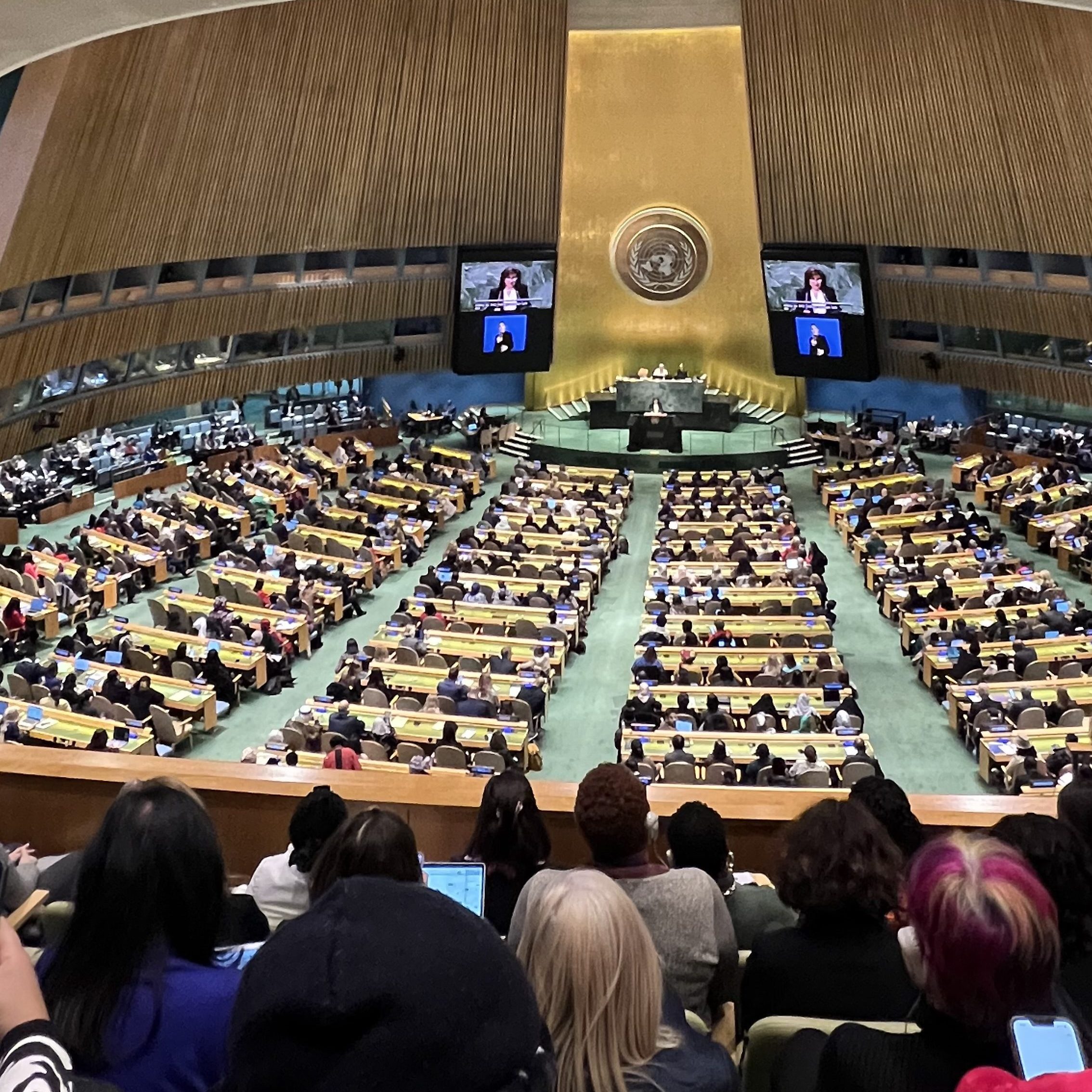
On March 12, 2024, experts gathered in New York during the UN’s event on gender quality. FCA hosted an event, co-sponsored by Finland that focused on how to mitigate the effects of climate change on Nepali women farmers, while remaining gender responsive and supporting economic empowerment.
The event drew on experiences from the GRAPE project in Nepal, a climate-resilient agriculture programme that FCA works on with main implementer, German development agency, GiZ.
Laura Rissanen, the State Secretary to the Minister of Social Security of Finland, opened the session by describing FCA’s work with Nepalis and how grassroots approaches and inclusion of women and girls is when climate action can make an impactful difference.
Ms Rissanen also highlighted that 2024 marks the 50th anniversary of Finland/Nepal diplomatic relations.
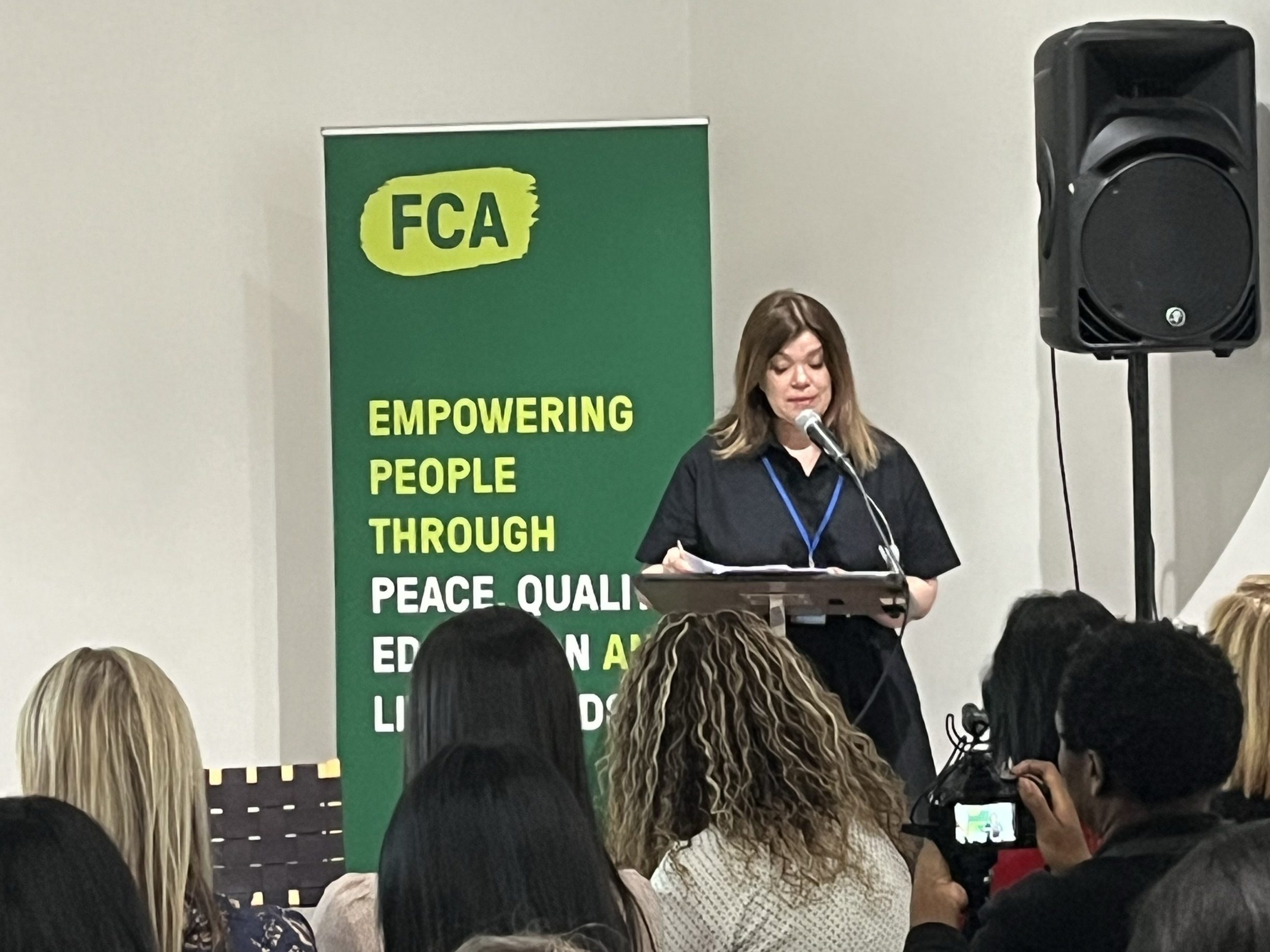
Shikha Shrestha from VSO Nepal emphasised that time and again, women’s voices are not heard.
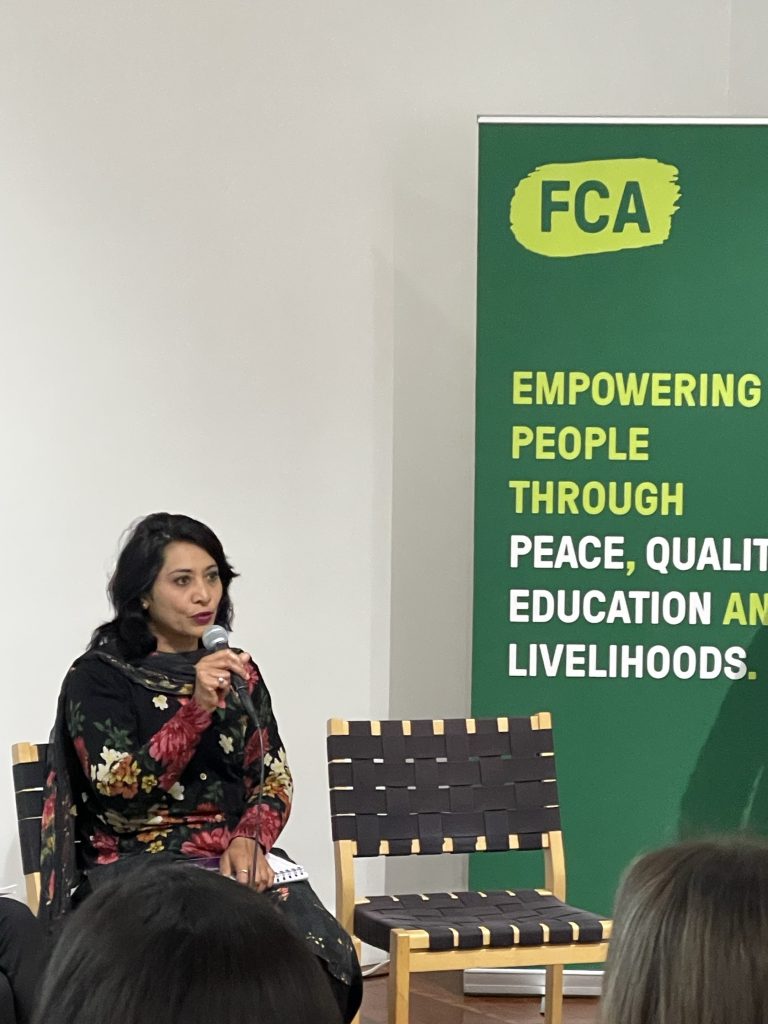
“Women are always being engaged in agriculture & our knowledge & expertise is not considered. We need to consider holistic approach & have voices of women making the plan for disaster relief.”
The vivid panel discussion touched on the topic from various entry points with examples from mountainous indigenous women realities on the ground as well as experiences shared by women from marginalized communities, complemented by findings from recent research on how actually climate financing has remain very thin.
Yasso Kanti from the National Indigenous Women Forum narrated from firsthand experience the challenges and triumphs faced by indigenous women in their pursuit of equitable participation in agricultural endeavors amidst the ever-evolving climate landscape.
“There needs to be concrete recognition & action to putting indigenous peoples contributions at the forefront because indigenous people, especially women and girls, are mostly affected by land and climate induced conflicts,” she said.
The panel also included DanChurchAid‘s Senior Advisor in Gender Equality, Kira Ugaz-Simonsen and youth climate activist, Tashi Lhazom, who joined remotely.
“Climate Change impacts everyone, but not equally. Key is the decentralization in power & resources. In most cases, it’s not an issue for women to speak out but for women to be listened to,” she contributed via remote link.
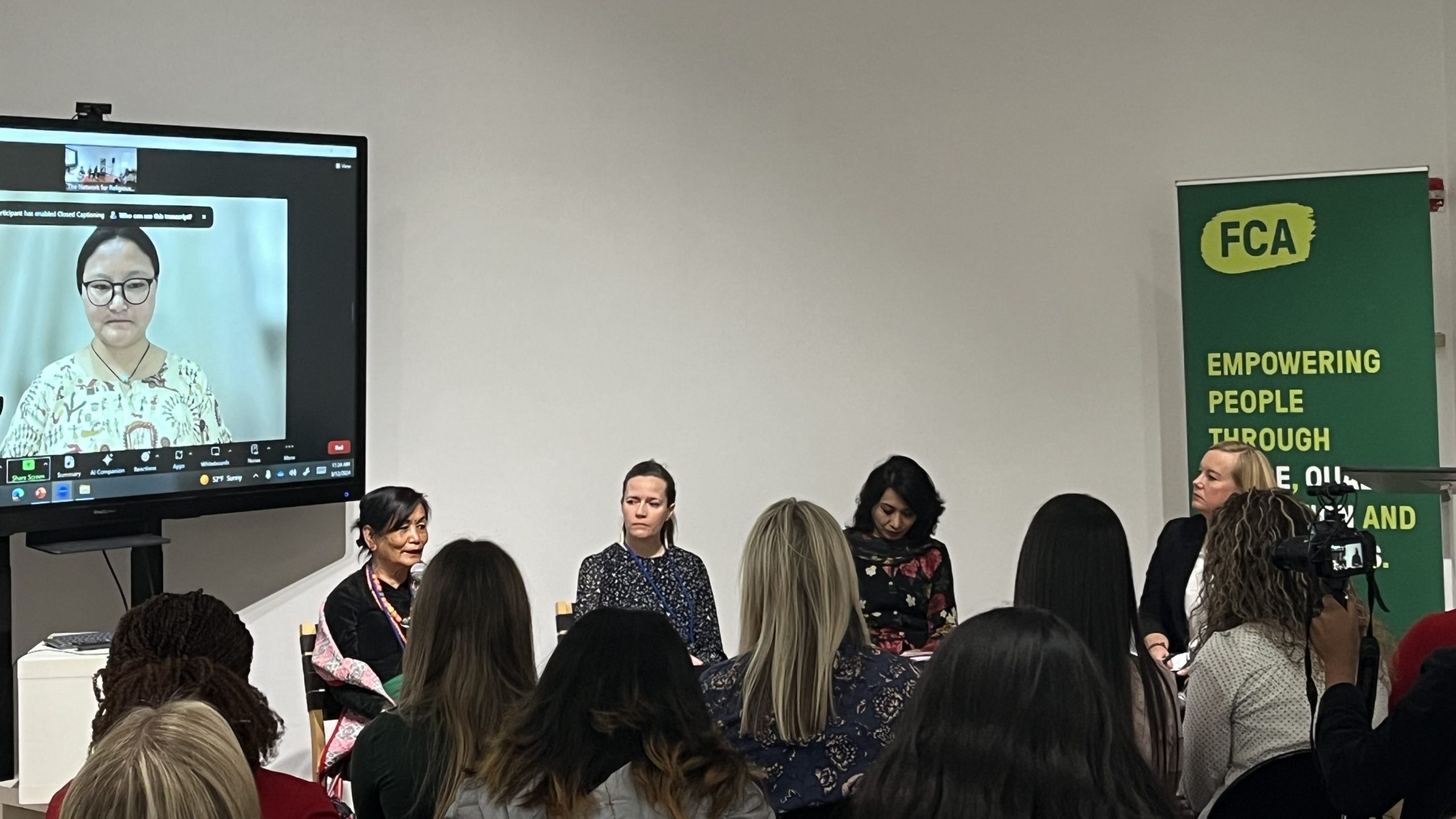
Targeted actions to mitigate the effects of climate change on women and gender equality remains extremely low whist there are growing needs to finance mitigation measures to women farmers and agribusiness entrepreneurs on climate change effects and prevention of further damage.
While the challenges of the Nepali women remain complex with deeply rooted gender stereotypes and practices, the discussion proved commitment and true trust for the better future as long as women’s agricultural role and potential is truly recognised and nurtured.
Panel biographies
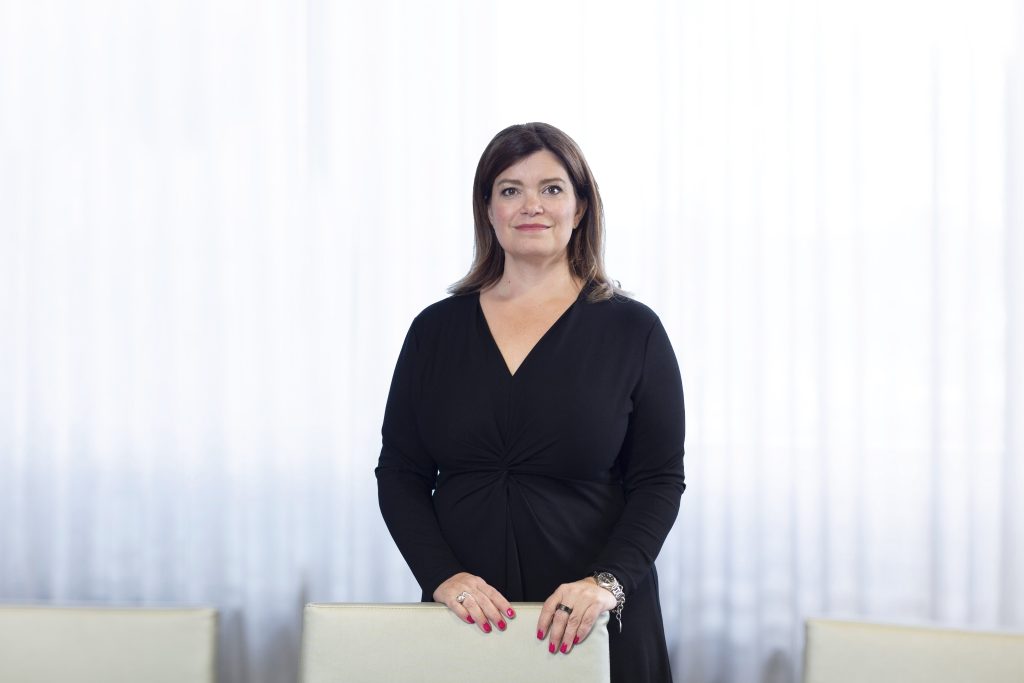
Laura Rissanen
Laura Rissanen has served as State Secretary to the Minister of Social Security since June 2023 and is responsible for EU and international affairs that fall within the Minister’s area of responsibility, and matters related to gender equality, occupational safety and health, and farm relief services. Rissanen has over twenty years of experience in policymaking, ranging from municipality decision-making to the European Parliament.
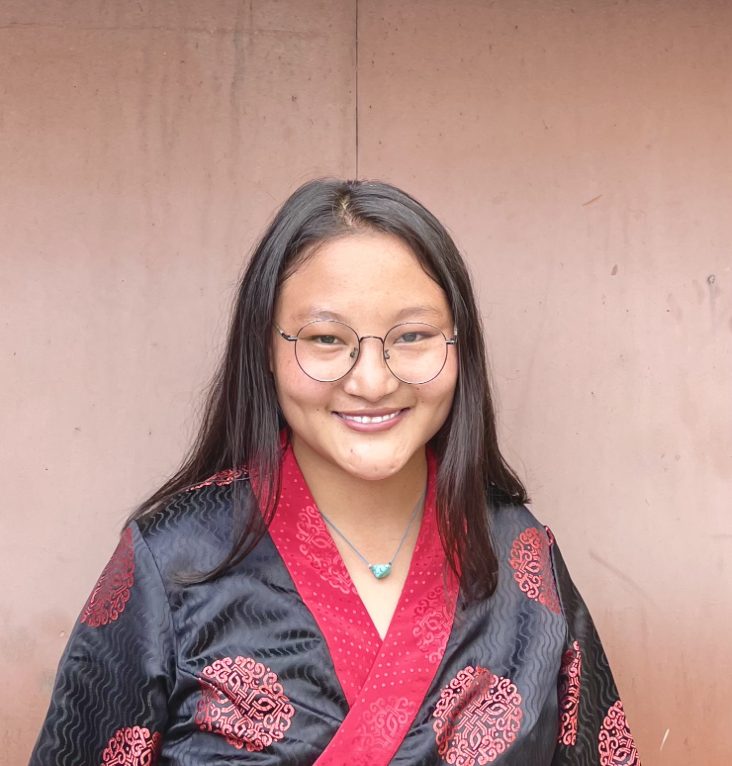
Tashi Lhazom
Tashi Lhazom is a prominent climate activist working at the intersection of climate action, gender equality, indigenous rights, and political literacy. She has spoken at grassroots, national, and global platforms. Tashi is a Co-Founder of two civil society initiatives, is a researcher and filmmaker, using storytelling to bring awareness to critical climate challenges in the Himalayan region.
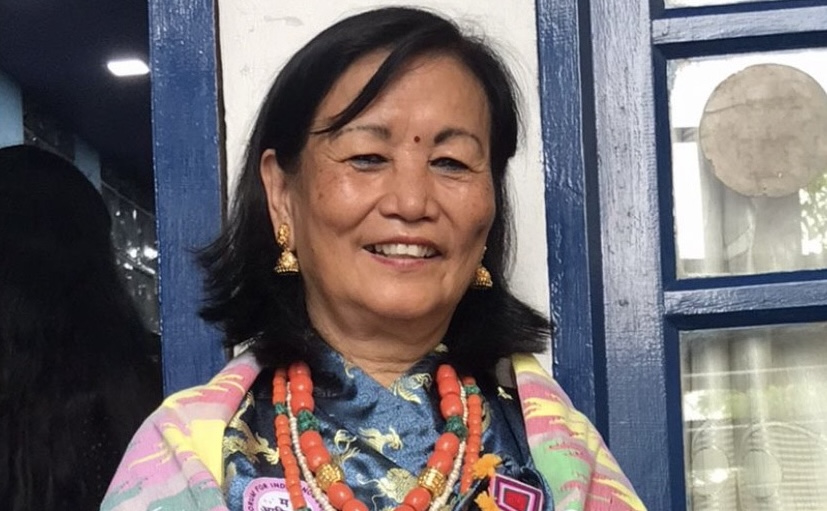
Yasso Kanti Bhattachan
Yasso Kanti Bhattachan presently holds the position of Vice-Chairperson at the National Indigenous Women Forum. She is an esteemed figure known for her pivotal role as an advocate, researcher and leader for Indigenous Women’s Rights. Yasso is one of the founding members and advisor at the National Indigenous Women Federation and a Regional Council member of the Asia Pacific Forum on Women, Law and Development (APWLD), and the South Asia Focal Person of the Asian Indigenous Women’s Network (AIWN).
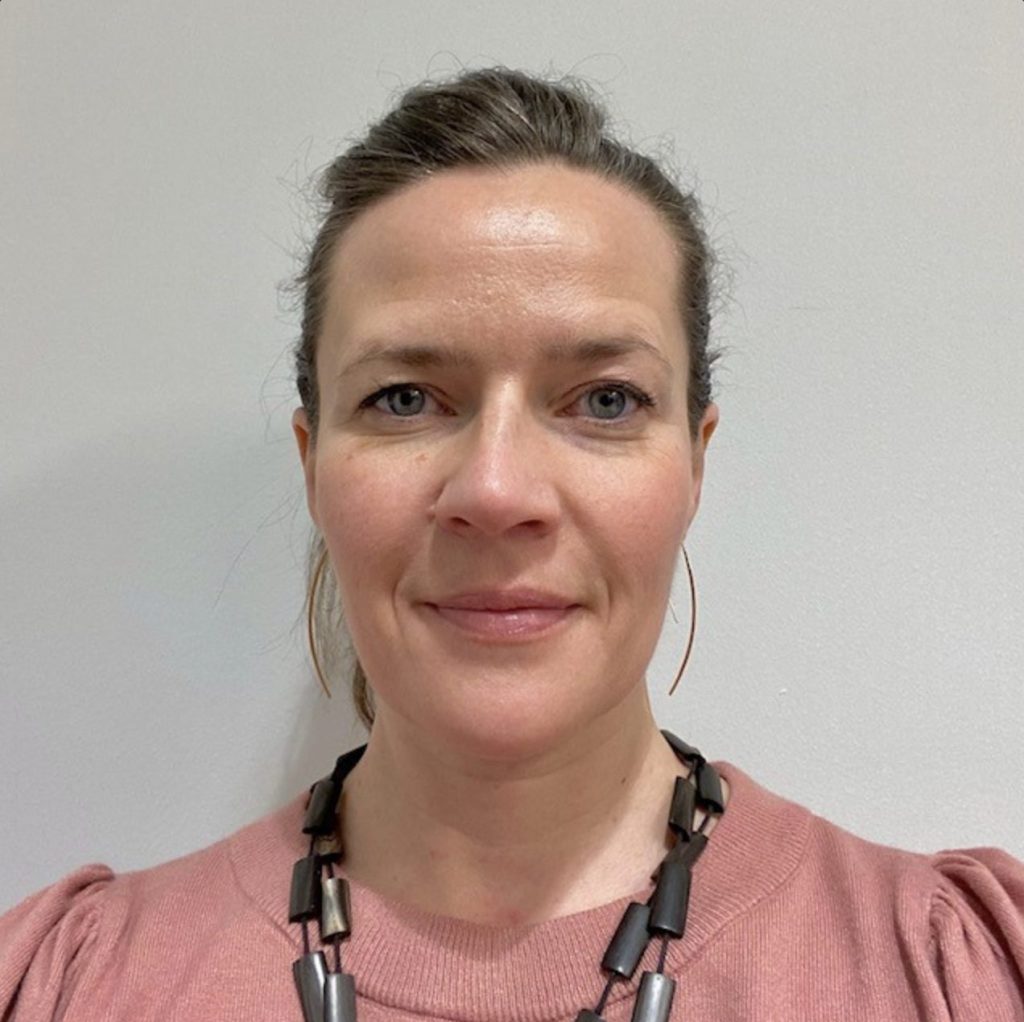
Kira-Ugaz Simonsen
Kira Ugaz-Simonsen is a Senior Advisor in Gender Equality at DanChurchAid, based in the head office in Copenhagen. Kira has more than 10 years’ experience working with gender responsiveness in development programming, both as a gender specialist and independent consultant, with experience from a broad range of countries. She has previously lived and worked with gender issues in Mozambique for close to five years and have prior to that, worked for UN Women in Bolivia.
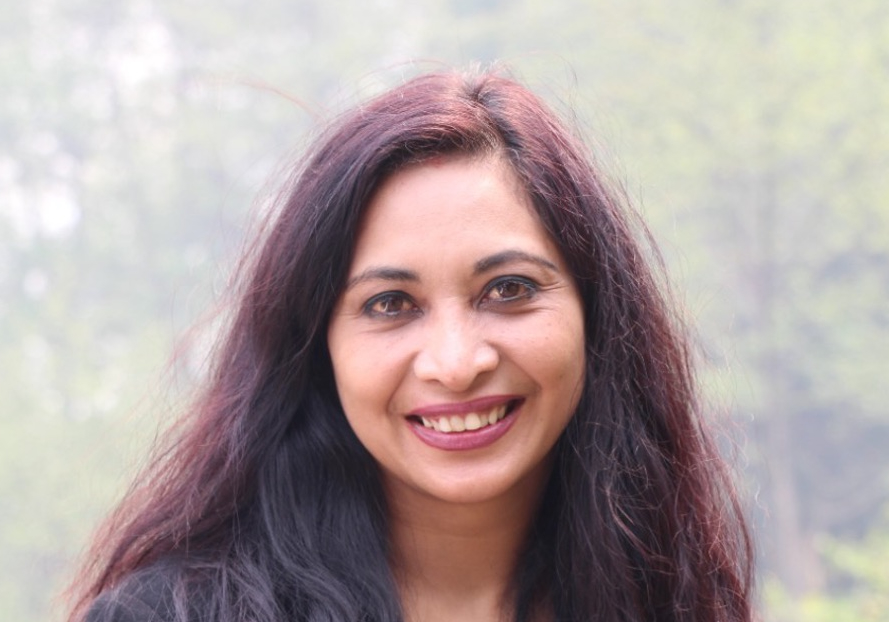
Shikha Shrestha
Shikha Shrestha has more than 25 years of experiences on gender equality and social inclusion, feminist leadership, and good governance. Currently working with VSO Nepal as Country Project Implementation Lead, she completed her masters in forest ecology that helps her to understand agenda of climate change both from gender and ecological perspectives. Shikha has been actively engaged in promoting gender agenda in climate change actions and systematizing efforts of harmful social norms transformation for promoting gender equality and empowerment of marginalized communities.